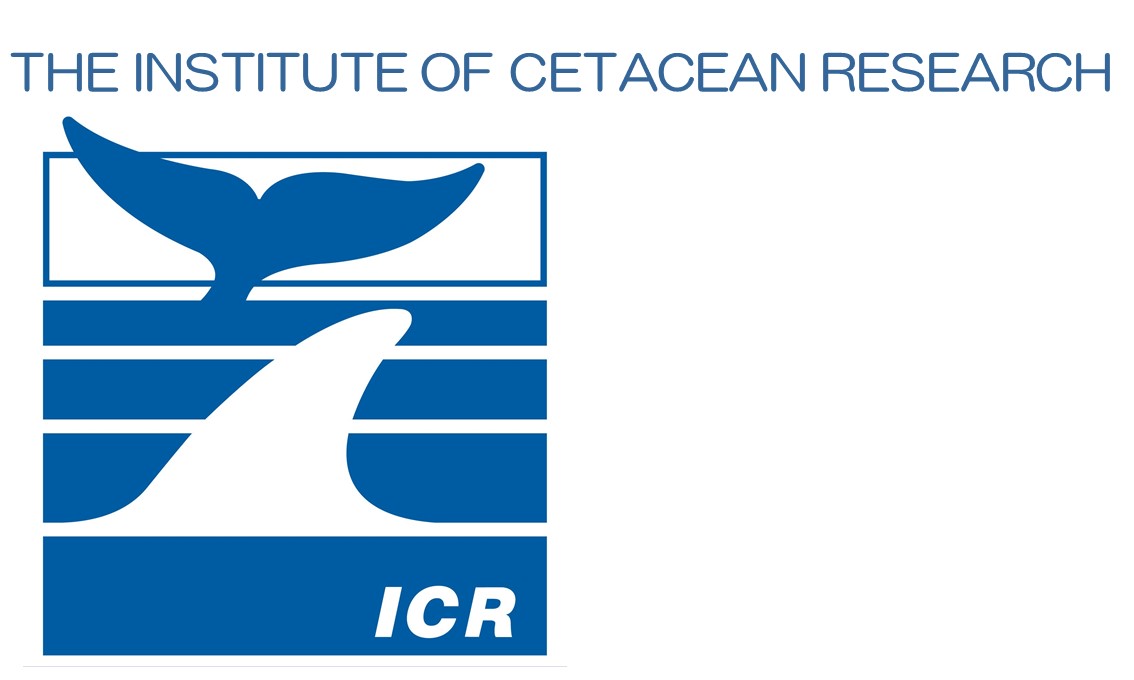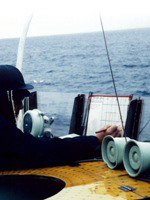- You are here:
- Home>
- English Sitemap>
- PUBLIC INFORMATION>
- Public Relations>
- Whaling Today
Whaling Today
Different countries and regions of the world have their own unique societies, cultures, customs and so on. The use of whales in Japan is believed to date back to the Jomon period, about 9,000 to 6,000 years ago. Since whaling technology is thought to have been non-existent at that time, it is believed that they primarily used stranded, beached whales, but later on, about 5,000 years ago, they started hunting dolphins that migrated to the coast. The relationship between the Japanese, a maritime people, and cetaceans is deep, and cetaceans have been used as a precious gift from the sea since ancient times.
Later, as whale oil became a strategic commodity in the form of fuel and lubricants throughout the world, large whales were excessively hunted for the production of whale oil, and their stocks were depleted. In the Antarctic Ocean, the last major fishing ground, an excessive competition called the “Whaling Olympics” among countries took place, leading to further depletion of the resources. Most western countries withdrew from whaling because the production of whale oil alone was no longer profitable due to international hunting regulations implemented for proper resource management, and after the discovery of petroleum, there was no longer a need for whale oil. Because of this, in many countries, whales are no longer considered a resource.
With the growing interest in environmental protection and animal rights emerging around the 1960s and 1970s in Europe and the United States, whales suddenly became a symbol of environmental protection after an anti-whaling campaign was launched by conservation groups under the banner of “the plight of the whale, faced with extinction, anticipates that of man himself”. The “Save the Whales” campaign was waged for many years under the simple and clear message of “whales = endangered” on a large scale, and public opinion against whaling was formed. In 1982, the International Whaling Commission, the organization in charge of whale resource management, adopted a “moratorium on commercial whaling” based on the uncertainty surrounding the status of whale stocks. Many conservationists still oppose whaling even now that the Revised Management Procedure (RMP), a strict resource management system, has been established, especially because of their blind belief that “commercial whaling = evil” on the grounds that the pursuit of profit through capitalism caused environmental destruction and resource depletion in the past.
The countries that continue commercial whaling today do so for the purpose of food production, which is different from whale oil production in the past. Currently, only a few countries are engaged in the hunting of large whales: Iceland, Norway, Japan, the United States, Russia, Denmark (Greenland), St. Vincent and the Grenadines, Canada, and Indonesia. As a maritime nation, Japan is dependent on marine resources, and because of this we at ICR are committed to disseminating correct information to the world about the history and culture of whaling and the research and sustainable use of whales as a marine resource. Through Japan Forward, an English-language news and opinion site designed to help people better understand Japan and the Japanese people, we have launched Whaling Today, a special site providing views and information on whaling and related issues.




